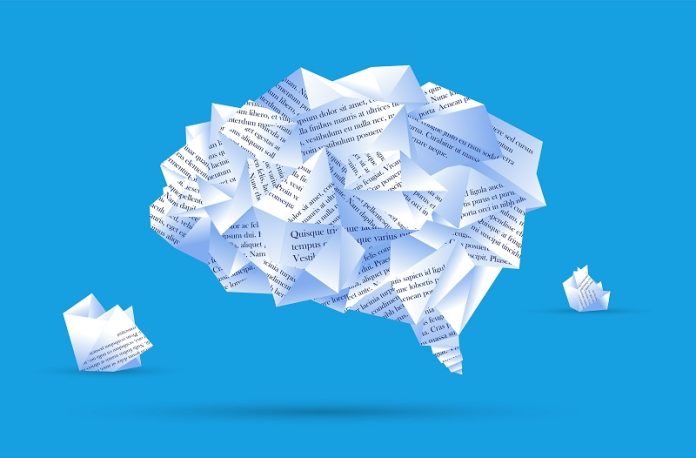
For centuries, there has been a legend that before modern technology, people used an extreme method to ensure important events were remembered.
A child was chosen to witness a significant event, like a land transfer or wedding, and then thrown into a river.
The shock of the experience was believed to make the child remember the event forever.
While this method might seem harsh, it hints at an important truth: strong emotional reactions can make memories more lasting.
For a long time, scientists have tried to explain why some experiences stick in our memories while others fade away.
The dominant theory, known as the Hebbian model, suggests that memories are formed when two neurons in the brain are activated simultaneously, strengthening the connection between them. This process, called “synaptic plasticity,” has been the cornerstone of memory research for decades, following the idea that “neurons that fire together, wire together.”
However, new research from DANDRITE, led by Sadegh Nabavi, challenges this traditional view.
The study, published in the journal eLife, shows that memory formation isn’t just about simultaneous activation of neurons at specific synapses. Instead, memories can also be strengthened by later, unrelated experiences if those experiences trigger a strong emotional response.
This process is known as “heterosynaptic plasticity.”
In simpler terms, the research found that a memory can be made stronger not just when it happens, but also by events that occur up to a day later, even if those events are unrelated. This is a significant shift from the Hebbian model, which emphasizes that neurons must be activated together for memory to be strengthened.
These findings open up new possibilities for developing tools and therapies to improve memory, especially for people with cognitive challenges.
By understanding how memories can be reinforced by unrelated experiences, scientists can create new strategies to help those who struggle with memory retention.
Looking back at the old legend, it seems that our ancestors had an intuitive grasp of how memory works.
Their method, though extreme, reflects an early understanding of the power of strong experiences in making memories last—a concept that modern science is now beginning to explore in more depth.
This research not only deepens our understanding of memory but also paves the way for innovative approaches to learning and memory enhancement, offering hope for new treatments for memory-related disorders.
If you care about brain health, please read studies about how the Mediterranean diet could protect your brain health, and Omega-3 fats and carotenoid supplements could improve memory.
For more information about brain health, please see recent studies about antioxidants that could help reduce dementia risk, and higher magnesium intake could help benefit brain health.



